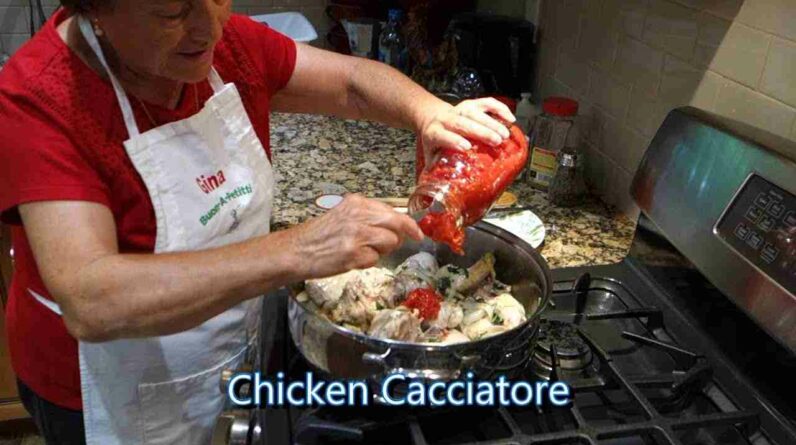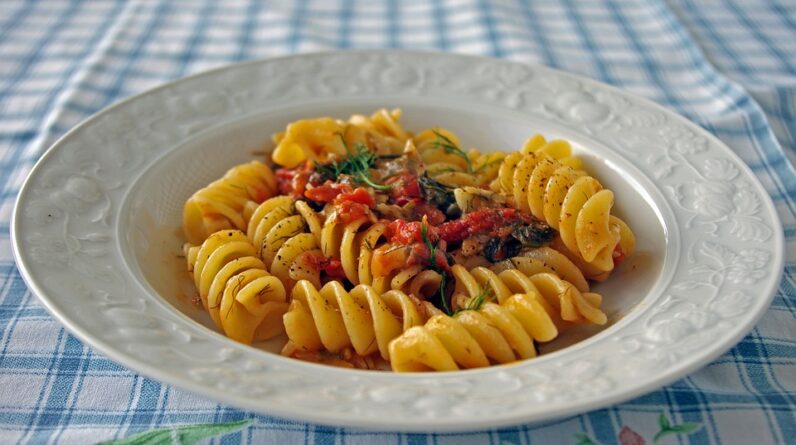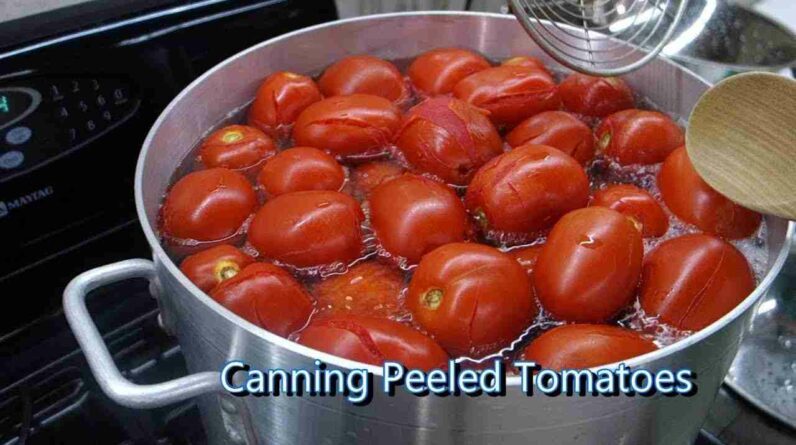The art of aging Italian wines
The art of aging Italian wines
Introduction
Italian wines are known for their distinct flavors and rich history. One of the factors that contribute to the quality of Italian wines is the aging process. Aging Italian wines is considered an art form that requires patience, knowledge, and careful attention to detail. In this article, we will explore the art of aging Italian wines, including the different methods of aging, the factors that affect the aging process, and some tips for aging Italian wines at home.
Methods of aging Italian wines
There are several methods of aging Italian wines, each contributing to the unique flavors and aromas of the final product. The most common methods of aging Italian wines are:
1. Barrel aging: Barrel aging is one of the oldest methods of aging wine and is still widely used in Italy. Wine is aged in oak barrels, which imparts flavors of vanilla, spice, and toast to the wine. The type of oak and the size of the barrel can also affect the flavor profile of the wine.
2. Bottle aging: Bottle aging is another popular method of aging Italian wines. Wine is aged in the bottle, allowing it to develop complex flavors and aromas over time. During bottle aging, the wine is protected from oxidation and develops more nuanced flavors.
3. Stainless steel aging: Some Italian wines are aged in stainless steel tanks, which preserves the natural flavors of the wine without imparting any additional flavors from oak or other materials. Stainless steel aging is commonly used for white wines and lighter red wines.
Factors that affect the aging process
There are several factors that can affect the aging process of Italian wines, including:
1. Grape variety: Different grape varieties age differently, with some aging better than others. For example, Sangiovese, Nebbiolo, and Aglianico are known for their aging potential, while wines made from more delicate grapes like Pinot Grigio may not age as well.
2. Region: The region where the wine is produced can also affect how well it ages. Wines from certain areas of Italy, such as Tuscany and Piedmont, are known for their aging potential due to the unique climate and terroir of the region.
3. Vintage: The vintage of the wine can also affect how well it will age. Wines from exceptional vintages with ideal growing conditions are more likely to age well than wines from average or poor vintages.
Tips for aging Italian wines
If you are interested in aging Italian wines at home, here are some tips to help you get started:
1. Choose the right wine: Not all Italian wines are suitable for aging, so it’s important to choose wines with a proven track record of aging well. Look for wines made from grape varieties known for their aging potential, such as Sangiovese, Nebbiolo, and Aglianico.
2. Store the wine properly: Proper storage is essential for aging wine. Wine should be stored in a cool, dark place with consistent temperature and humidity levels. If you are aging wine in the bottle, store the bottles on their side to keep the cork moist and prevent oxidation.
3. Monitor the wine: Keep an eye on your aging Italian wines and taste them periodically to track their progress. Some wines may reach their peak after a few years of aging, while others may continue to improve for decades.
FAQs
Q: How long can Italian wines be aged?
A: The aging potential of Italian wines varies depending on the grape variety, region, and vintage. Some Italian wines can be aged for several decades, while others are best enjoyed within a few years of production.
Q: Can I age Italian wines in a regular wine fridge?
A: While a regular wine fridge can help maintain the proper temperature for aging wine, it may not provide the ideal humidity levels required for long-term aging. If you are serious about aging Italian wines, consider investing in a dedicated wine cellar or storage solution.
Q: What are some common misconceptions about aging Italian wines?
A: One common misconception about aging Italian wines is that all wines improve with age. In reality, only certain wines with the right balance of acidity, tannins, and fruit flavors will improve with age. It’s important to do your research and choose wines with proven aging potential.
Conclusion
Aging Italian wines is a time-honored tradition that has been perfected over centuries. By understanding the different methods of aging, the factors that affect the aging process, and some tips for aging Italian wines at home, you can experience the rich flavors and aromas of aged Italian wines for yourself. Remember to choose the right wine, store it properly, and monitor its progress to ensure a successful aging process. Cheers to the art of aging Italian wines!
italian wines types









